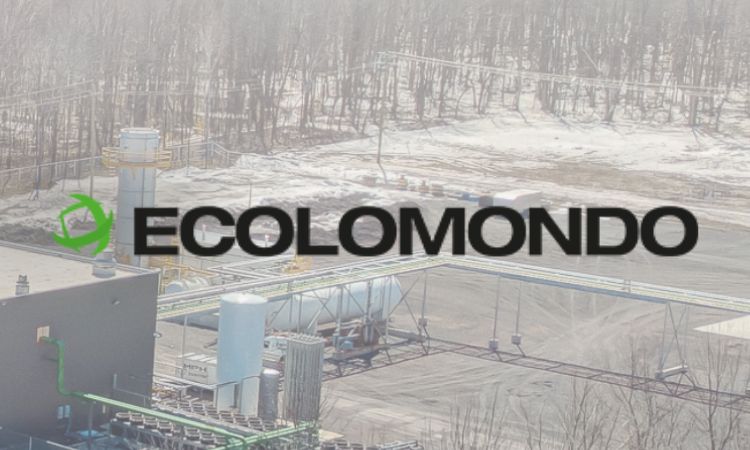Dandelions and desert shrubs: the future of rubber production?
Researchers and farmers are exploring alternative crops with potential for climate resilience and economic sustainability, as highlighted in a recent Associated Press article. Professor Katrina Cornish from Ohio State University is at the forefront of this movement, dedicating her efforts to cultivating rubber-producing dandelions and desert shrubs. She envisions these crops transforming the landscape of U.S. agriculture, offering environmentally friendly alternatives to traditional crops.
Cornish's work is part of a broader trend where companies, philanthropic organizations, and national entities are investing in crops like guayule and sorghum. These crops are gaining attention for their ability to thrive in drought conditions and provide essential resources for both humans and animals. In places like Arizona and Nebraska, guayule and sorghum are being cultivated as alternatives to water-intensive crops like cotton and alfalfa.
However, transitioning to these alternative crops requires significant changes in markets and processing infrastructure. Currently, most rubber processing occurs overseas, posing a challenge for domestic production in the U.S. Additionally, farmers face obstacles in accessing markets and financing, as established crops like corn and soybeans dominate the agricultural landscape.
Despite these challenges, researchers and advocates remain hopeful about the potential of alternative crops. They believe that specialty markets, similar to Tesla's approach to electric cars, could drive demand for products made from dandelions and guayule.
While progress is being made, significant policy and market shifts are needed to support the widespread adoption of alternative crops. Researchers and farmers in U.S. are calling for increased investment and policy support to realize the full potential of these sustainable alternatives.
For more information, refer to the original article by Associated Press.
Weibold is an international consulting company specializing exclusively in end-of-life tire recycling and pyrolysis. Since 1999, we have helped companies grow and build profitable businesses.









